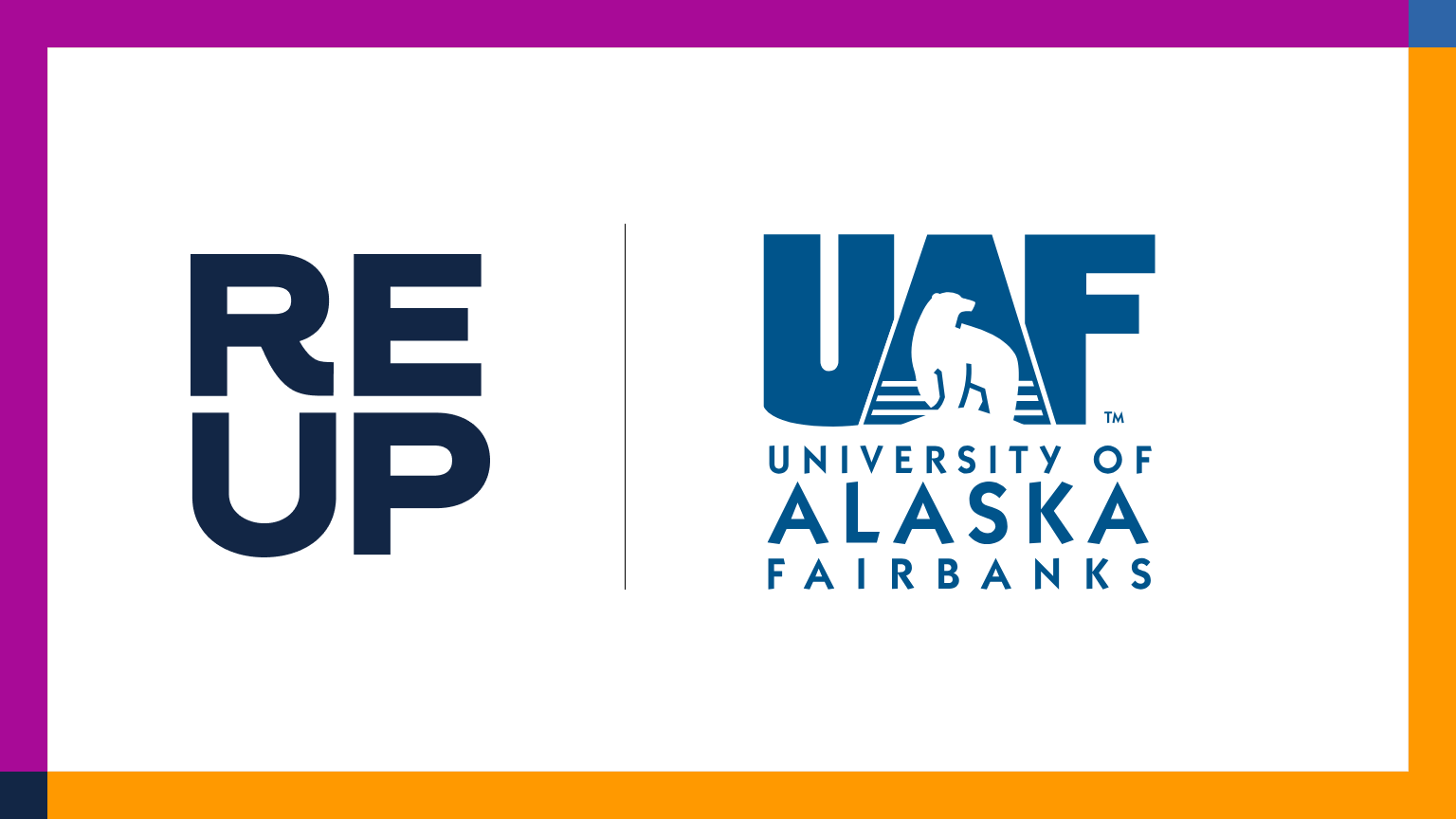Sarah Horn wants to correct a myth about students who stop college before graduating.
Students don’t always leave college because they can’t handle the academic rigor. Often, she says, a life event usually interrupts their studies—starting a family or a parent becomes ill, for example—and the CEO of ReUp Education says students shouldn’t suffer for it.
“It becomes very hard for some learners, especially first-generation, to continue to stay in a traditional institution,” says Horn, 40.
Founded in 2015, ReUp claims it has since brought 8,000 students back to more than 30 colleges it currently works with. More than 400 re-enrolled students have graduated from institutions including Old Dominion University in Virginia and schools within the Texas A&M University System.
The San Francisco-based startup can now claim another kind of return: $6 million in a Series A round to expand its partnerships to other universities and state college systems. TDM Partners and Hereditas Capital Management led the round. Existing investors Serious Change, Strada Education Network, Impact Engine, Michelson Runway and Bisk Ventures participated in the round.
ReUp has raised $7.8 million to date. It has 30 full-time employees, which includes 11 coaches to support students. Most of those coaches are first-generation college students themselves and about half are people of color.
The company works with universities to identify students who have dropped out, communicating on average about 50 times with a student before he or she re-enrolls. ReUp communicates with students through phone, email, text messaging and social media. The company is paid each semester the students attend.
ReUp was created by Entangled Group, an education consultancy and startup incubator based in San Francisco. The idea came out of its work with Bellevue University, which enlisted Entangled’s help with figuring out how to re-enroll students who had dropped out.
About 26 percent of students who started college in 2016 failed to make it to their second year, according to the National Student Clearinghouse Research Center. Including community colleges, more than half of students who start drop out within six years.
Dropping out can cost money—for students who took out loans that still have to pay back (but without the benefit of a degree), and for the universities in the form of lost tuition. ReUp has recaptured $25 million in tuition revenue for those schools, Horn says.
“That is a collective blind spot across education,” Entangled CEO and co-founder Paul Freedman says. “It’s a large problem, but it’s a tangible problem.” Freedman remains an adviser and board chairman of the company.
According to the Lumina Foundation, conservative estimates of lifetime earnings for a 19-year-old with some college but no degree was about $701,936. For a 19-year-old with a two-year degree, the number increased by about $93,000. Horn hopes to help former students get back on track toward graduation.
“Our data tells us that 90 percent of them still have a dream of earning their degree,” Horn says. “Even people who enrolled 10 years ago never lost sight of getting that piece of paper.”



